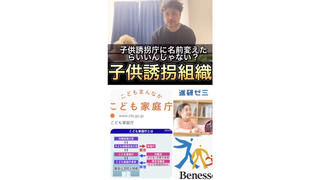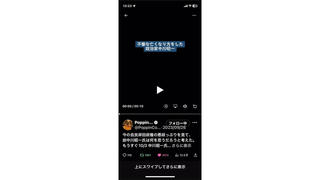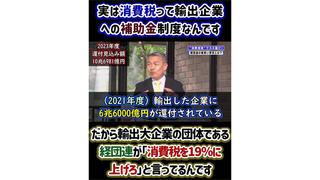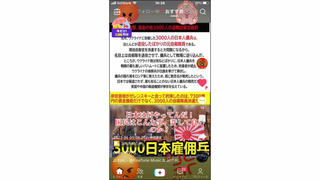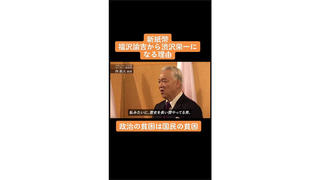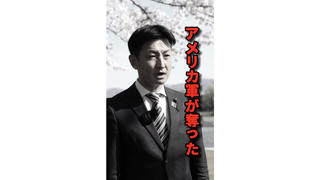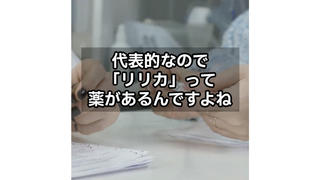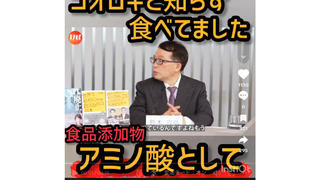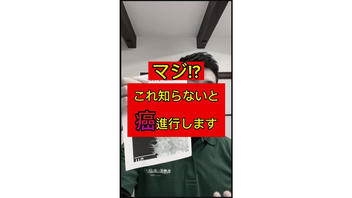
Are patients undergoing cancer treatment likely to die twice as fast from cancer compared to patients who choose not to be treated? No, that's not true: a video circulating on social media refers to a series of scientific studies very popular in Japan in the early '90s whose results have been misrepresented.
The claim appeared in a video (archived here) posted on TikTok on May 9, 2023, by user @jinnakamura713. In the video, Nakamura says that cancer patients undergoing anti-cancer treatment are likely to die twice as fast from the disease compared to patients who are not seeking care or have not been admitted to a hospital.
This is what the post looked like on TikTok at the time of writing:
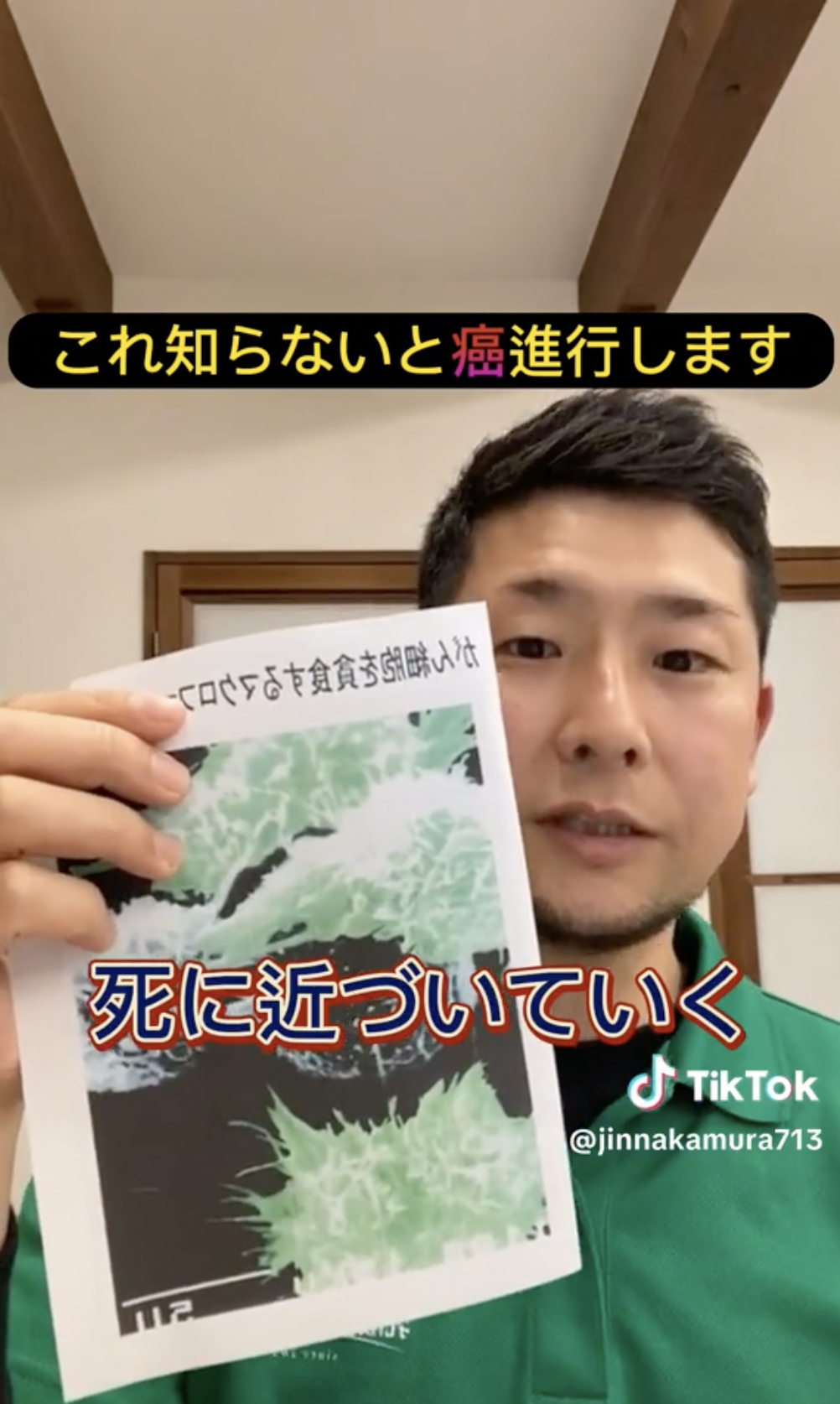
(Source: TikTok screenshot taken on Thu May 18 16:15:53 2023 UTC)
This is what the TikToker says:
Those who start fighting cancer by receiving anti-cancer treatment lose their energy over time and get closer to death [...] Hospitalized patients die twice as fast compared to those who aren't; these data are reported in the Finnish syndrome studies.
(Translation from Japanese to English by Lead Stories staff).
Nakamura then adds that patients should not trust doctors' recommendations and that radiation therapy is a dangerous form of radiation exposure. In addition, he recommends that patients diagnosed with cancer but showing no symptoms should explore different options before committing to radiotherapy: Western medicine, traditional Eastern medicine, and alternative medicine.
The "Finnish syndrome" that the TikToker refers to in the video is a term coined by the press in Japan during the '90s to describe the outcome of a series of Finnish studies published by JAMA, the international peer-reviewed general medical journal, starting from 1985. The three studies were referred to as the "Helsinki Businessmen Study" and reached the conclusion - as reported back then by the media to the general public - that men aged 40-45 who are at risk or prone to stress were more likely to die when receiving interventions to prevent cardiovascular diseases because of the additional pressure connected to quitting unhealthy habits such as smoking or drinking alcohol, while men who did not change their lifestyle or receive treatment had less stress, and therefore a lower mortality rate.
There is no mention of cancer in those studies, so they are not a relevant source when corroborating a claim related to cancer patients, as done here by the TikToker. The JAMA studies did generate interest and debate, inducing Kyoto University and J-stage, a peer-reviewed journal platform for Japanese academics, to properly clarify the findings of the scientific papers, widely misrepresented. Here is J-stage's official statement on the widespread mythicization of the "Finnish syndrome" (translated by Lead Stories staff):
"[...] The actual contents of the study does not have anything to do with how the pressure of medical treatment causes more death [...] but rather, with people's interest in the psychology surrounding the pressure of maintaining one's health, the implications of a 'disease' vis-a-vis 'health' in general, and the characteristics of current medical services. [...] The study shows how medical services have to consider the feelings and the comfort levels of the patient rather than forcing prevention."
The TikToker also mentions radiotherapy: this is one of the options for cancer treatment which uses high doses of radiation to kill cancer cells and shrink tumors. It is true that there is a limit to the amount of radiation an area of your body can safely receive over the course of your lifetime but treatment is carefully administered and monitored: the NIH clarified that patients undergoing radiotherapy may not be subject to a second dose if they reach the maximum amount of radiation in the targeted area. Doctors also recognize the side effects of long-term radiation exposure in radiotherapy, but these side effects are treatable and mitigated accordingly in regular consultation periods.


